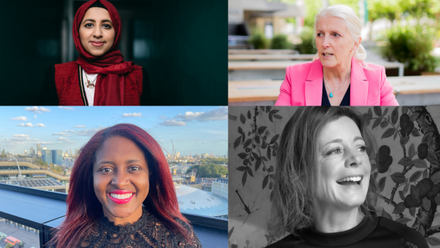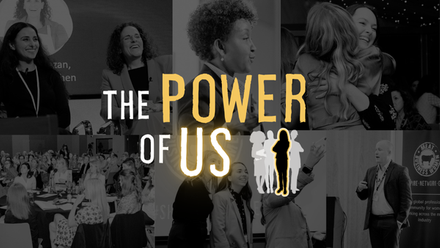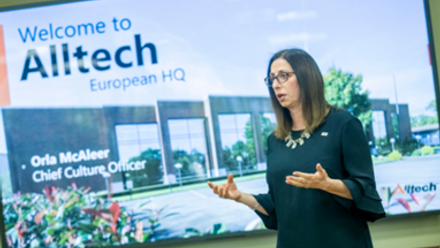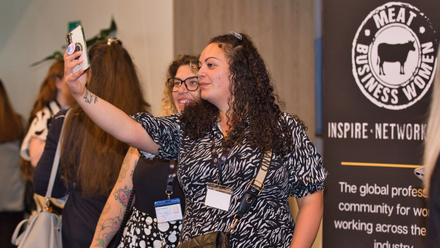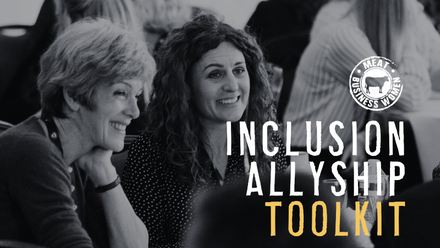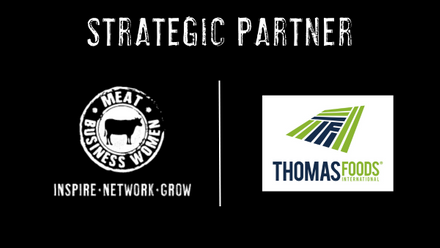Meat Business Women to hold Global Dialogue in Preparation for the United Nations Food Systems Summit
It aims to “bring together youth, smallholder farmers, indigenous peoples, researchers, private sector, policy leaders and ministers of agriculture, environment, health, and finance among others to deliver the latest evidence-based and scientific approach from around the world, launch a set of new commitments through coalitions of action, and mobilize new financing and partnerships.” And it’s imperative, the meat sector has a seat at the table.
As such, Meat Business Women is facilitating an independent dialogue to engage with people working in the meat sector, including keynote speaker – UK Chief Veterinary Officer, Defra, Christine Middlemiss – and to workshop solutions that feed directly into the United Nations Food Systems Summit dialogue.
Meat Business Women chair Laura Ryan says: “The global meat industry is fragmented and I’m extremely concerned there isn’t an aligned global narrative ahead of the UN FSS which could result in negative ramifications for our industry. Meat Business Women is a global unifying community which brings the sector together. Holding dialogues are fundamental to getting the voice heard of our sector and the important role it plays for all.”
The dialogue will explore how gender equality can deliver a more sustainable meat industry. Who needs to be involved and what actions need to be taken to ensure the involvement and empowerment of women working in the sector? And, what impact could gender equality have directly on the Action Tracks (specifically action track 2 & 4) identified within the UNFSS?
Meat Business Women and their work in attracting and retaining the number of women working in the global meat sector has been already been identified as a solution to United Nation’s Sustainable Development Goals.
Meat Business Women works in partnership with meat businesses to remove the barriers that stop women from reaching their full professional potential. It does this by focusing on five key areas: changing perceptions of the sector; moving inclusion up the agenda; tackling the broken career ladder; strengthening networks and creating visible role models; and gender-proofing working practices and patterns.

